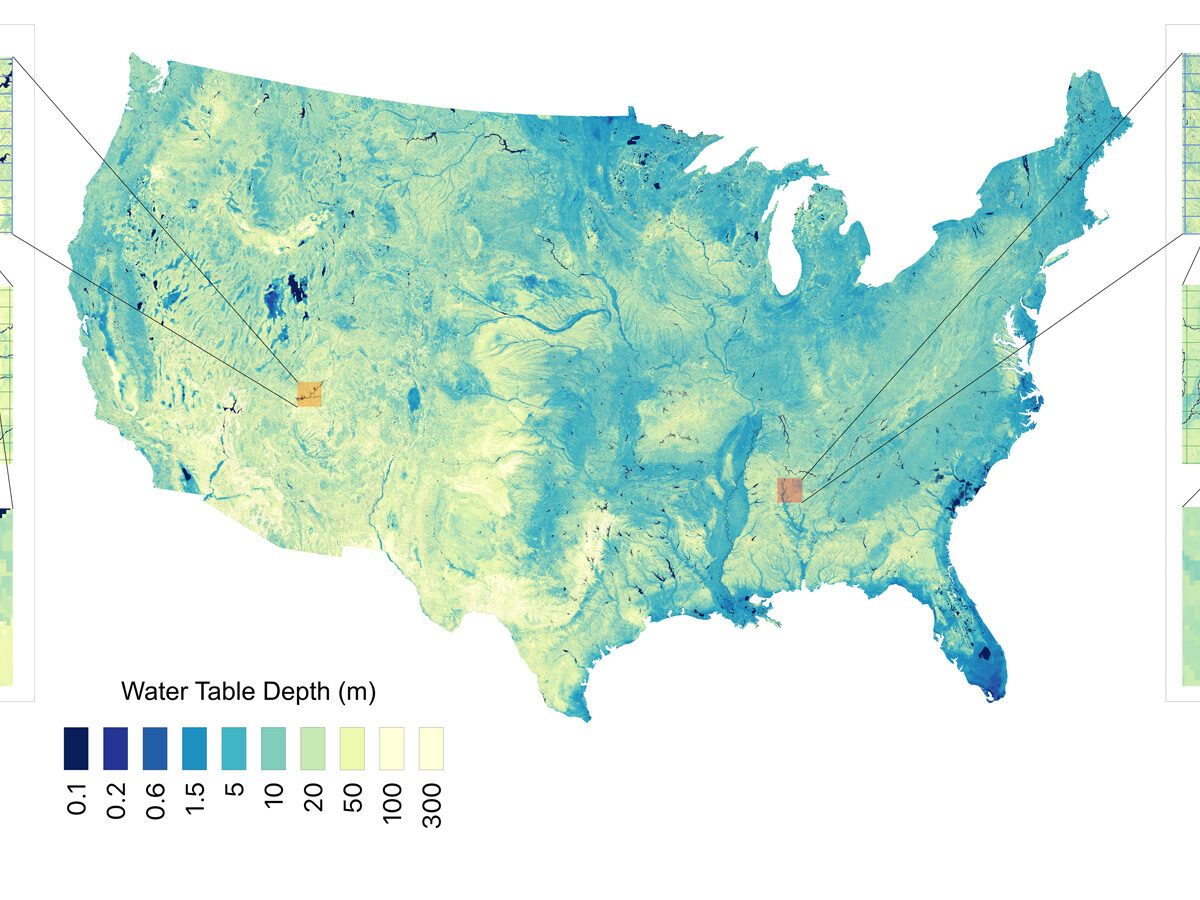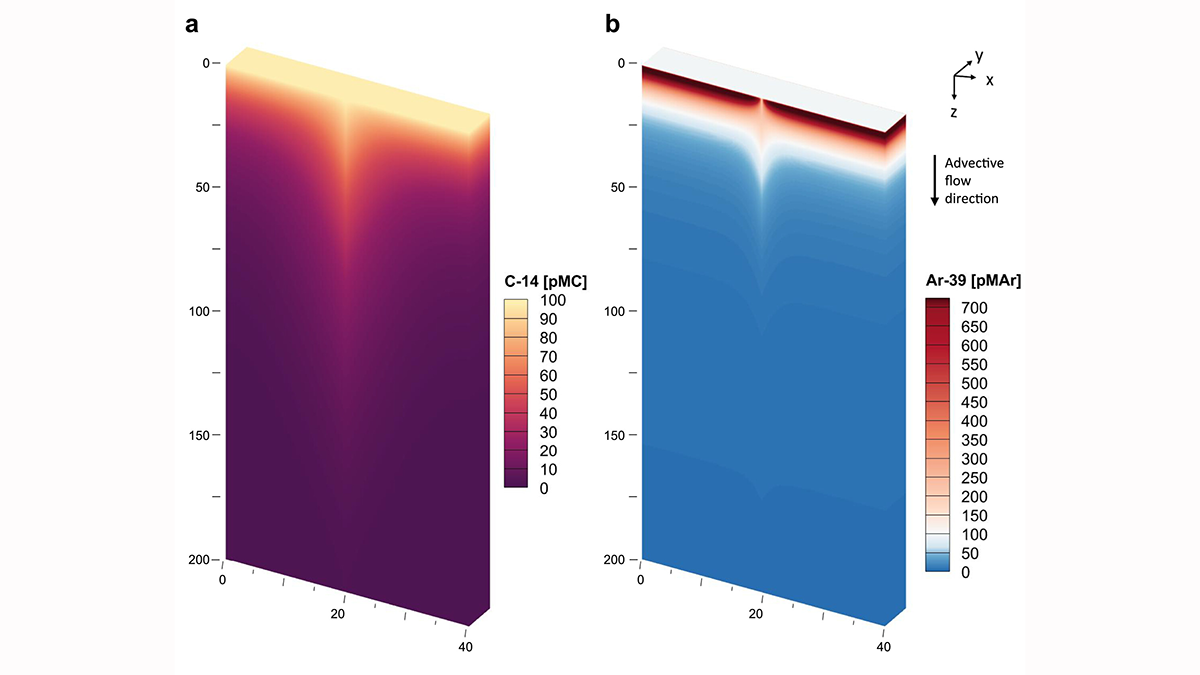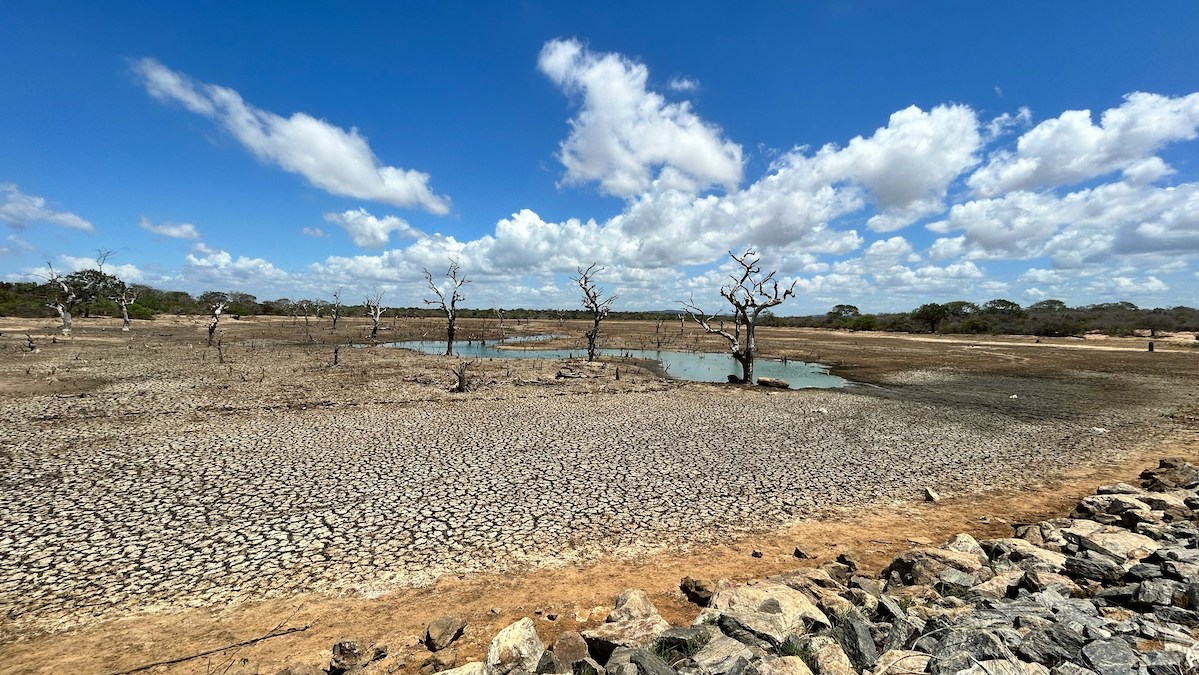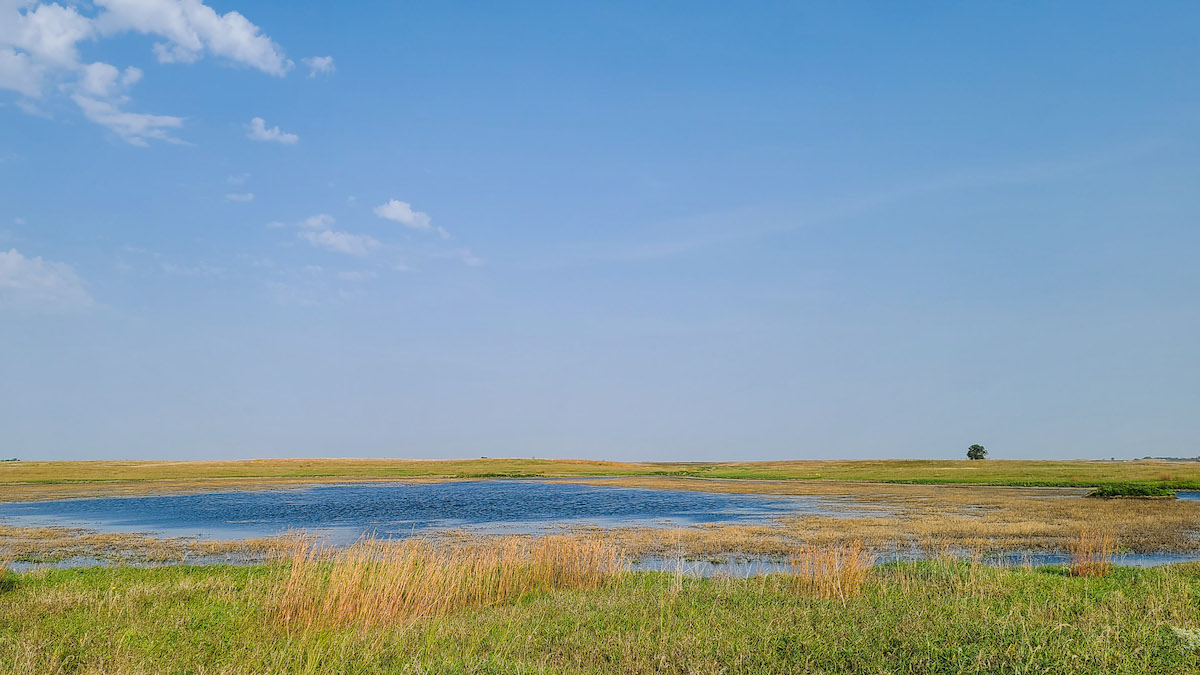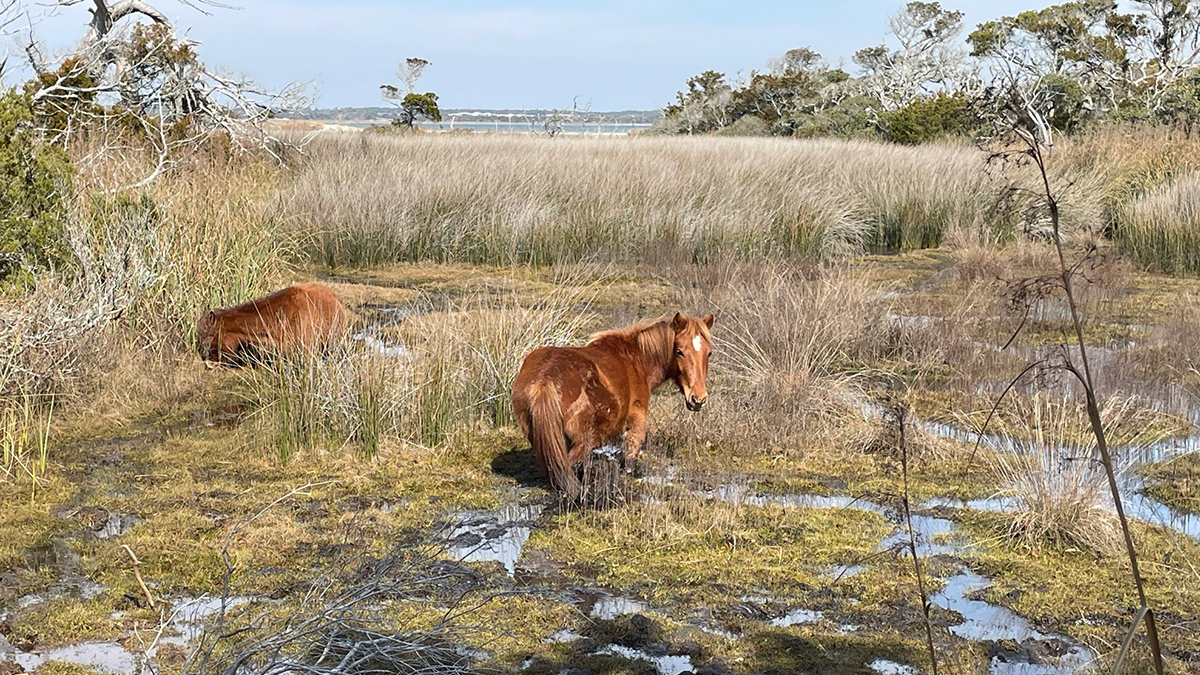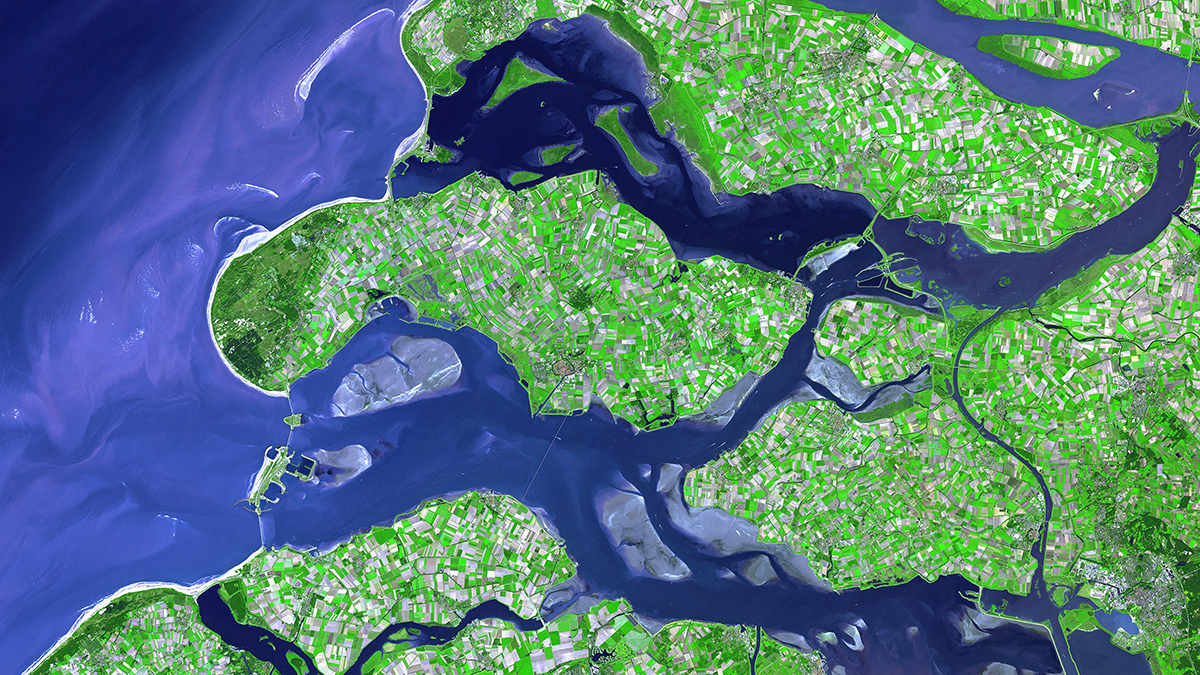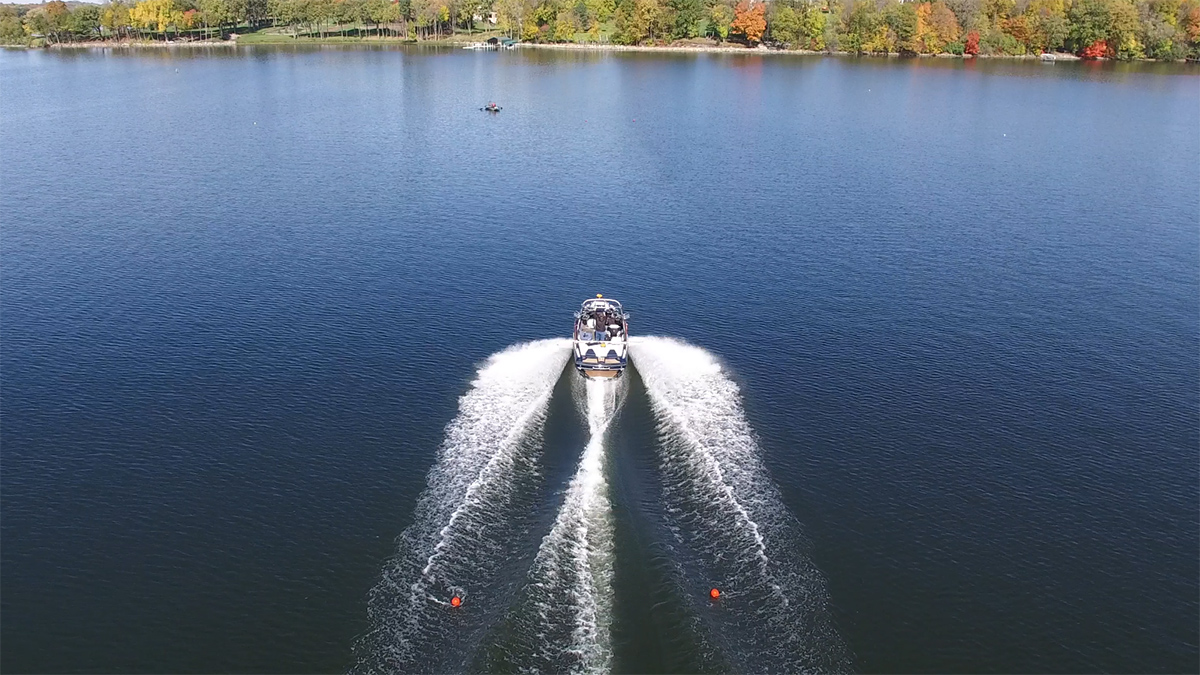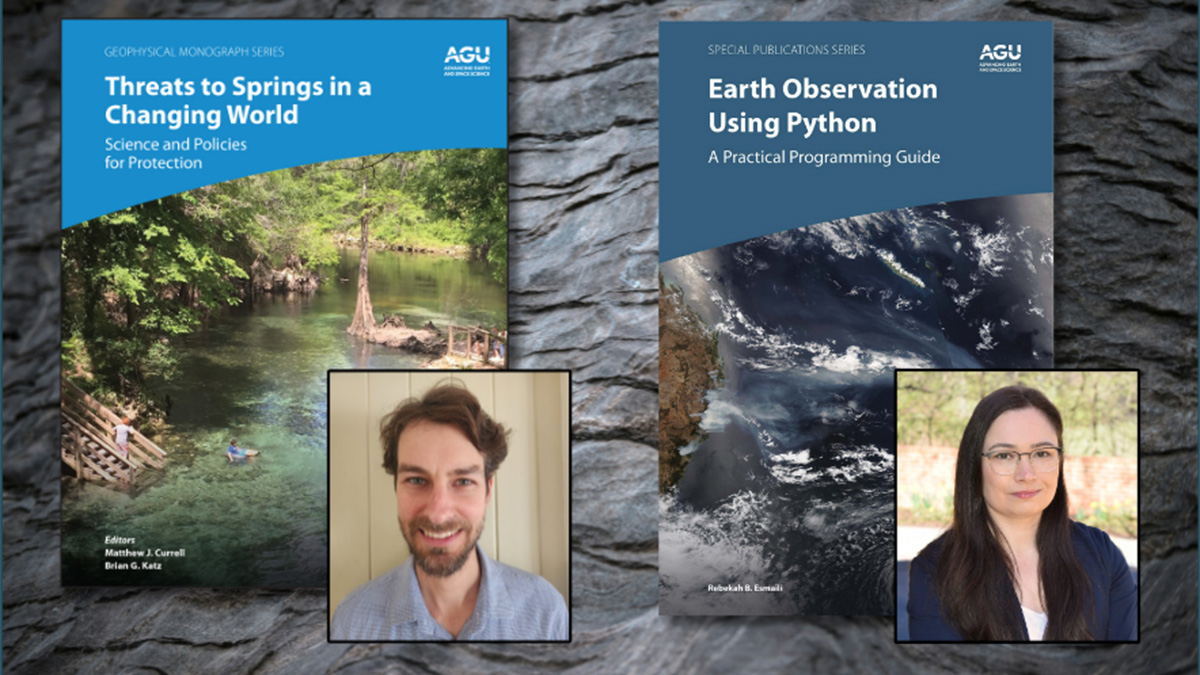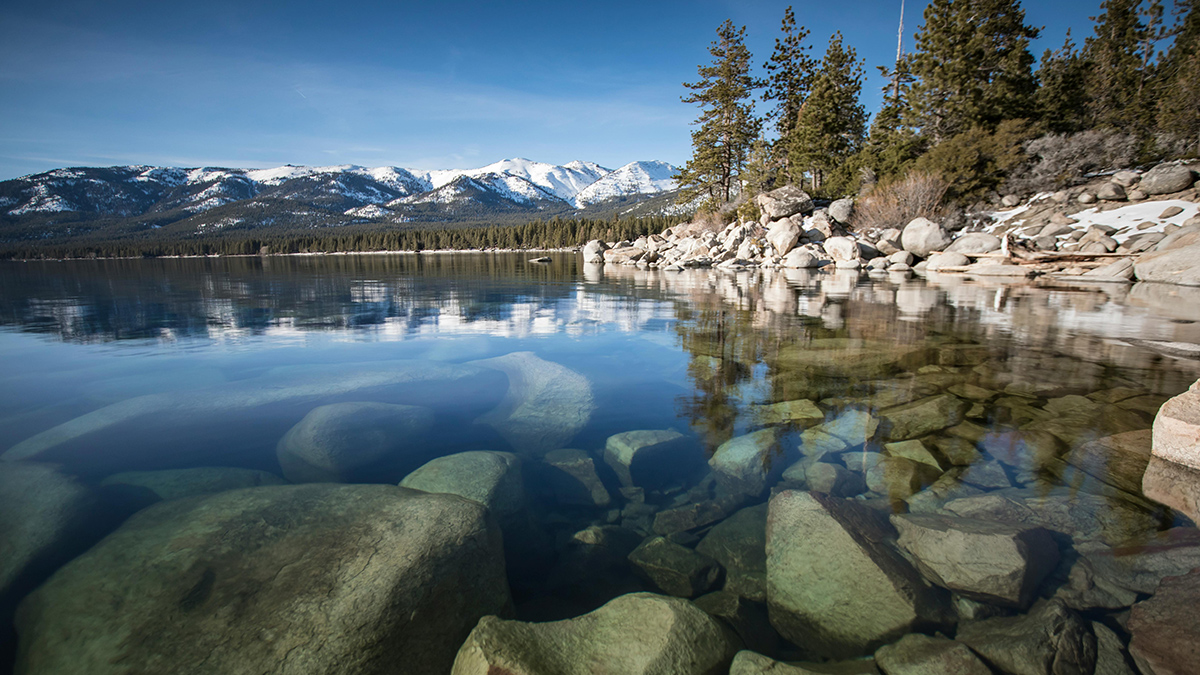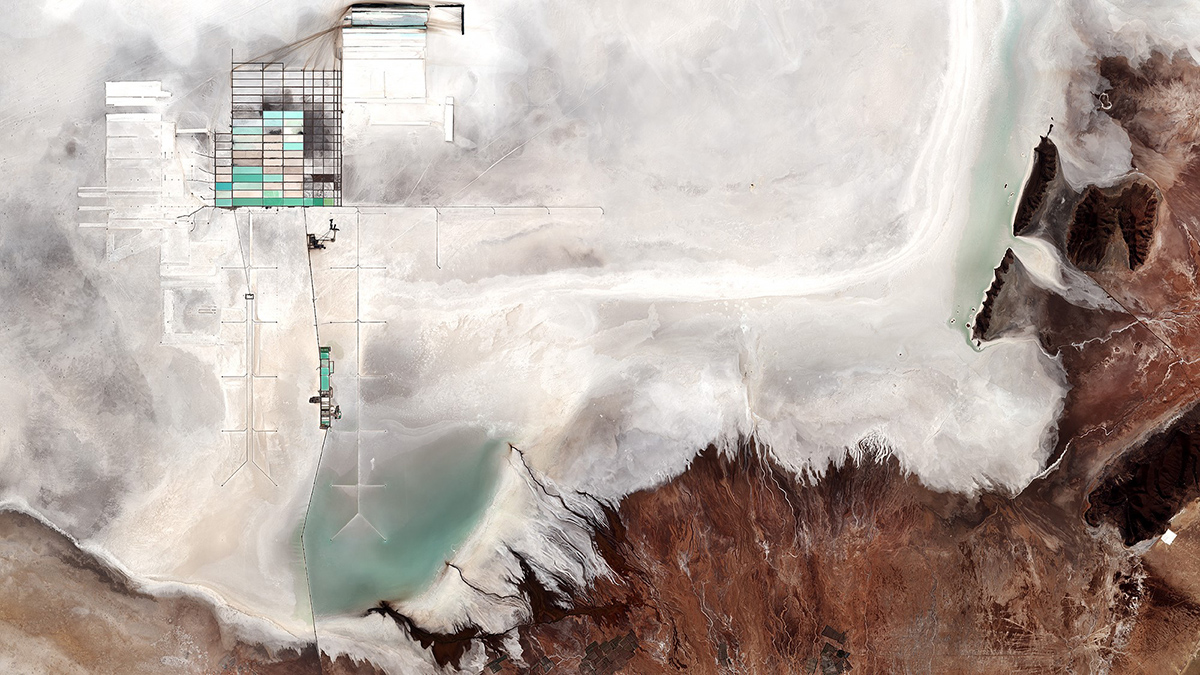Researchers used 1 million data points and a machine learning algorithm to estimate groundwater stores with higher resolution than ever before.
freshwater
Calibrating the Clocks: Reconciling Groundwater Age from Two Isotopes
A new quantitative model corrects for tracer-based age biases from 39Ar and 14C isotopes leading to more accurate estimates of groundwater residence times.
We Are “Living Beyond Our Hydrological Means,” UN Report Warns
Humanity has overspent and depleted freshwater in the world’s aquifers, glaciers, wetlands, and other natural reservoirs to an irreversible degree, according to a new United Nations report.
After Sackett, a Wisconsin-Sized Wetland Area Is Vulnerable
An analysis of wetland legal frameworks shows how water rules could leave millions of hectares without meaningful protections.
What Salty Water Means for Wild Horses
New research monitors how saltwater intrusion is affecting the behaviors of Shackleford Banks’s wild horses.
The Role of a Ditch in the Matrix
These constructed waterways are often a “no-man’s-land” between terrestrial scientists and limnologists. But ditches’ role in transport, agriculture, biodiversity, greenhouse gas emissions, and even archaeology means it’s time to take a closer look.
A Debate over Wakes in the Land of 10,000 Lakes
Wakeboats are turning Minnesota’s lakes into summertime surf spots, but the artificial chop can shake up the lake bed, too. New wake data can help communities plan for responsible recreation.
Early-Career Book Publishing: Growing Roots as Scholars
In the 1st installment of 3 career-focused articles, scientists who completed books as early-career researchers reflect on the positive outcomes the experience had on their professional development.
Precipitation Extremes Drive Swings in Lake Tahoe’s UV Exposure
An 18-year study reveals dramatic year-to-year variations in ultraviolet radiation penetration tied to Sierra Nevada precipitation cycles.
Preocupaciones sobre el litio, el agua y el clima en los dos desiertos más altos de la Tierra
La extracción de salmuera para satisfacer la demanda de recursos en medio de la transición a energías renovables está afectando los recursos hídricos en Sudamérica y China. Los hidrólogos pueden ayudar a comprender cómo y a sumarse a la búsqueda de soluciones.

